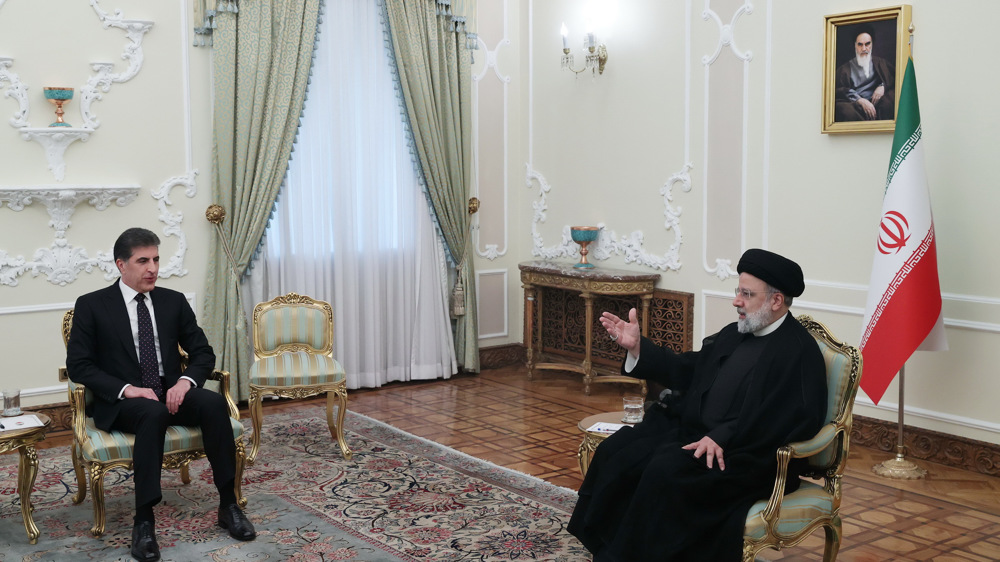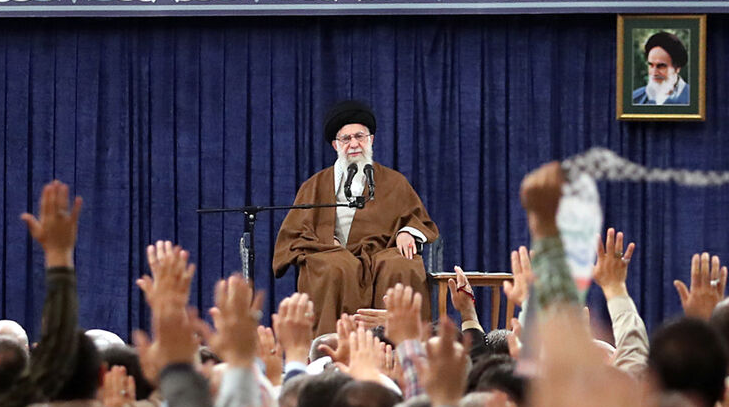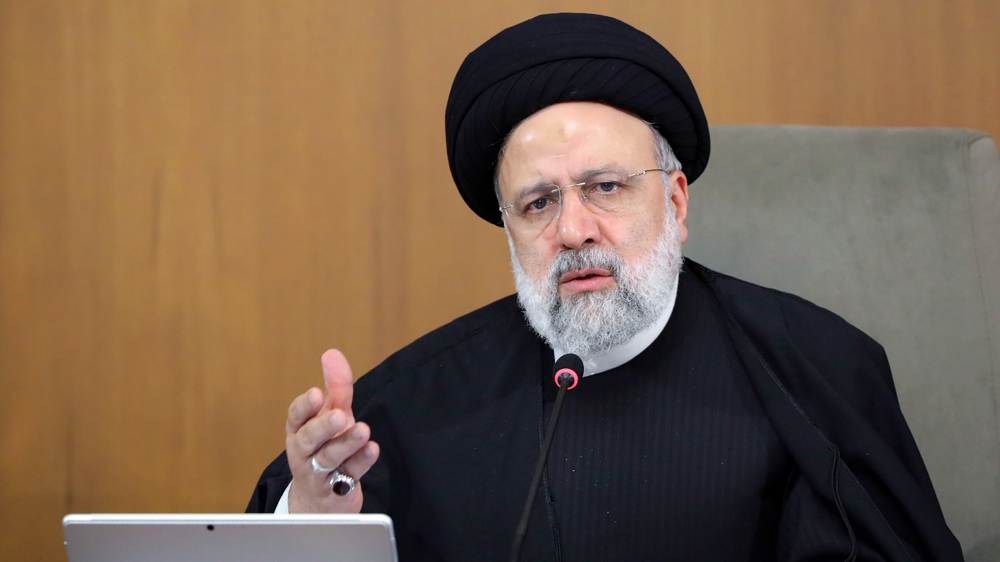Swiss channel to ease humanitarian exports to Iran: Report
A Swiss channel for the export of food, medicine, and other humanitarian goods to Iran is to open “within months”, officials have told Reuters, amid Europe’s failure to launch its long-awaited Iran channel known as INSTEX.
Senior Swiss and American officials have told Reuters that Bern is “working hard” to make its special humanitarian channel operational within the coming months.
“Our role is really to be able to provide food and health goods to the Iranian people. And therefore we are working hard on establishing that humanitarian channel,” said Pascale Baeriswyl, the Swiss state secretary for foreign affairs.
Asked if the channel could be operational in the first half of 2020, she said, “I hope so, but it is very difficult to predict since it is not entirely in our hands.”
US Ambassador Edward McMullen to Switzerland -- whose country’s sanctions on Iran have deterred foreign banks from doing any business, including humanitarian deals, with the Islamic Republic -- says he is “hopeful” the Swiss channel would be operational soon.
Read more:
“Fortunately, I think we are at that point now where we are working with Switzerland on the final details. And hopefully we’ll be seeing some kind of finality to that conversation in the near future,” he said.
The proposed Swiss channel may even outpace the long-awaited Instrument in Support of Trade Exchanges (INSTEX), a long overdue mechanism the E3 (France, Britain, and Germany) are intending to launch to facilitate trade with Tehran despite the US sanctions.
“If this (Swiss) model works it would be great if others could follow... It’s not a competing instrument, just a slightly different approach,” said the Swiss state secretary for foreign affairs.
Late last month, Belgium, Denmark, Finland, the Netherlands, Norway, and Sweden said they would become new shareholders in INSTEX.
However, the mechanism is still in the last stages of taking effect, according to Iranian Deputy Foreign Minister Abbas Araqchi.
The launching of INSTEX is a small part of Europe’s commitment to compensate for the US withdrawal from a 2015 nuclear deal with Tehran, which was supposed to end anti-Iran sanctions in return for certain curbs in the country’s nuclear program.
This May, Iran began a set of countermeasures in reaction to the US’ withdrawal, prompting the deal’s European side to protect Iran’s business interests.
The report on Switzerland’s efforts to launch the mechanism came a few days after Bern facilitated a prisoner exchange deal between Iran and the United States, which led to the release of Iranian stem cell scientist Masoud Soleimani from illegal US detention.
Following the exchange of inmates in Zurich, Switzerland, the US says further talks with Iran could be possible.
“I think this exchange proves that we can make a deal together. And the talks went smoothly, and so did the logistics. So we hope that this represents a first step for talks between the US and Iran,” said Brian Hook, the US State Department’s Special Iran Representative, in an interview with NPR.
“I am going to ask for a consular dialogue with the Iranians” to secure further prison swap deals with Tehran, Hook added. “We are ready to get going. And we're hopeful.”
Washington and Tehran have used Switzerland as a mediator for such consular dialogue, as the two sides have had no diplomatic relations since Iran’s 1979 Islamic Revolution.
UN experts ‘appalled’ by Israeli military’s sexual violence against Palestinian women
Thousands attend pro-Palestinian protest in Bangladesh
VIDEO | Press TV's news headlines
Israel acknowledges barbarous strike on UNRWA building in Gaza
Don't let Israel, anti-Iran elements abuse Kurdistan region: Raeisi tells Barzani
Hamas: Looming invasion of Rafah will have serious consequences for Israel
IAEA chief in Iran for high-level talks, international nuclear conference
Russia announces drills involving nuclear weapons after West’s ‘provocative’ threats















 This makes it easy to access the Press TV website
This makes it easy to access the Press TV website